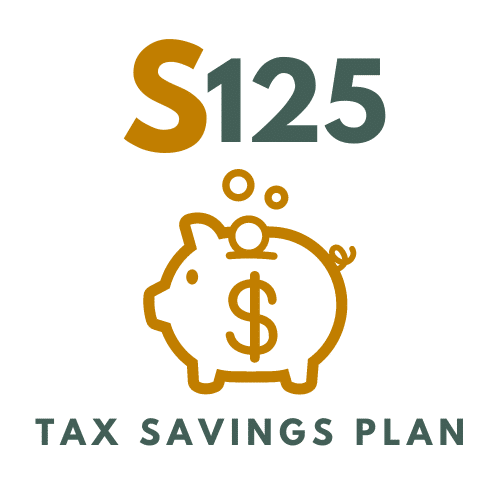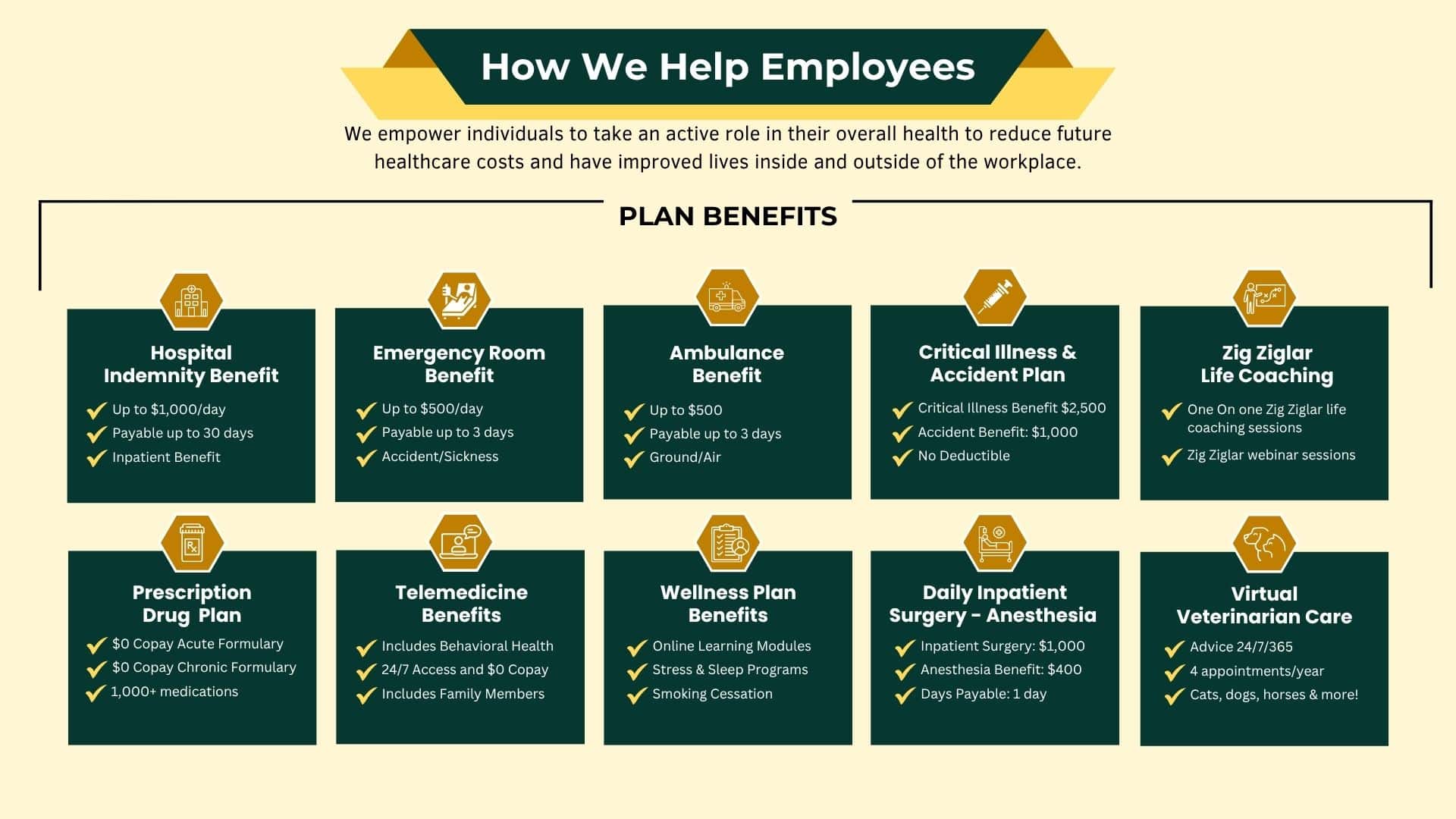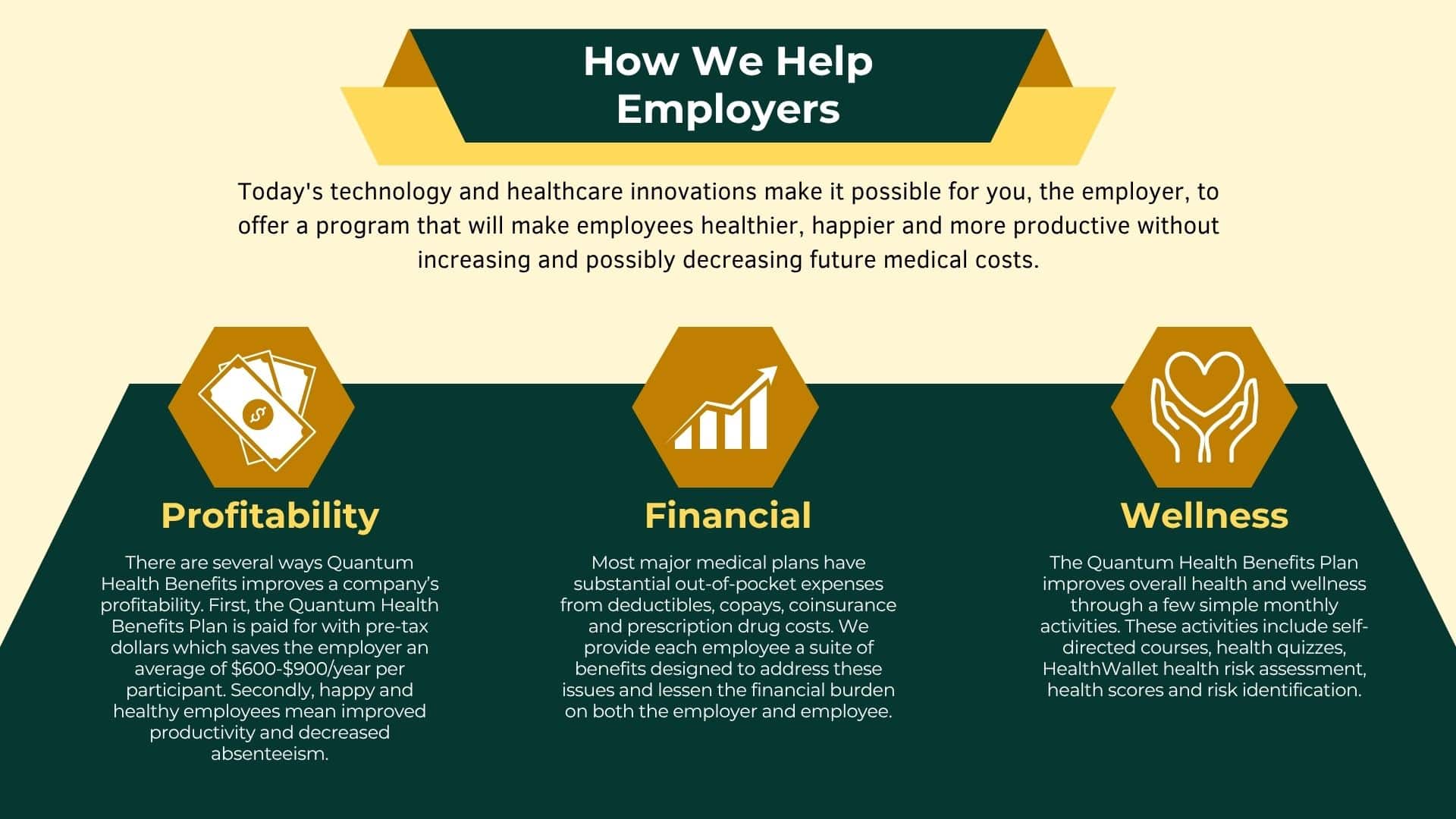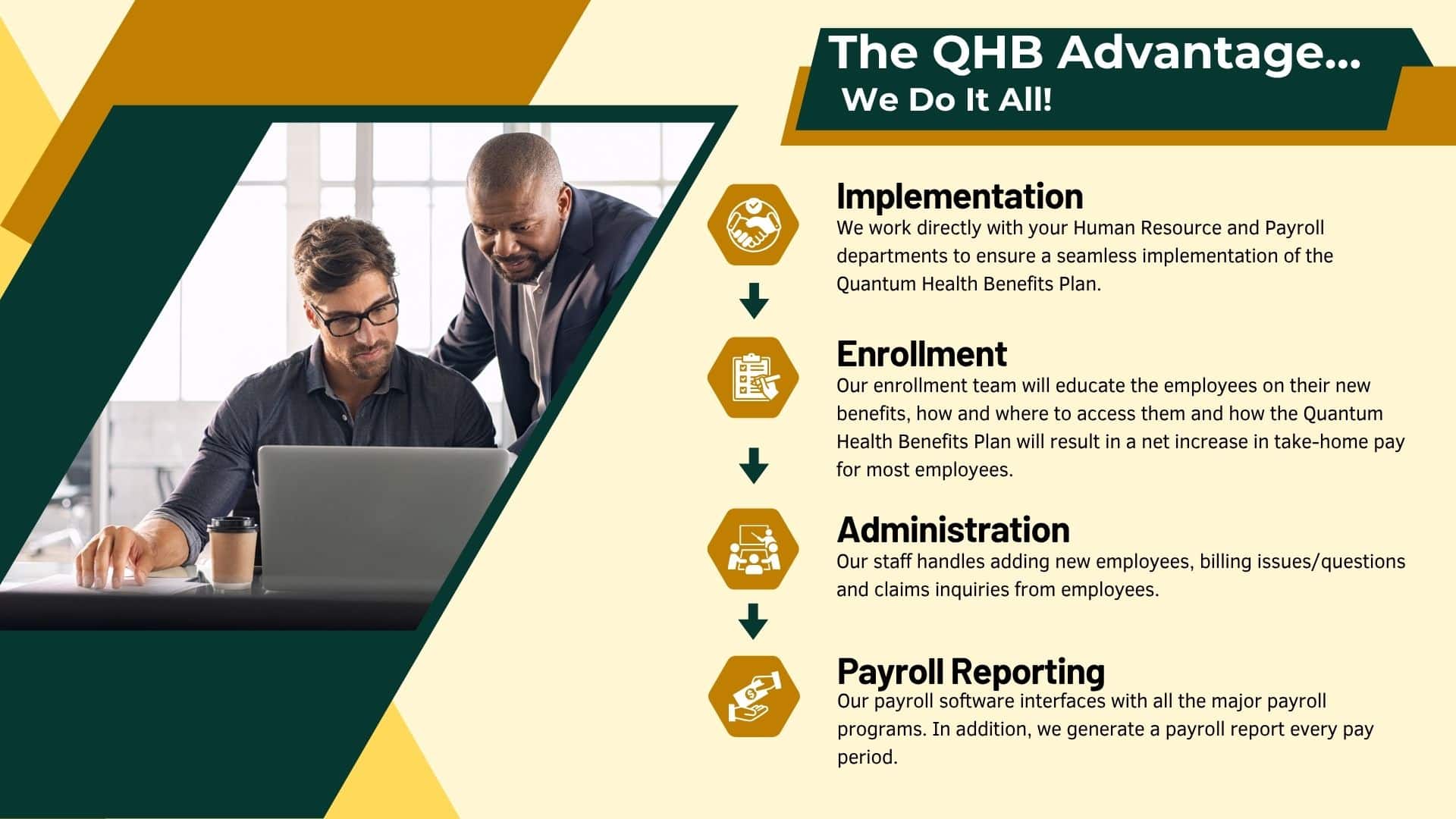





Retaining talented employees is crucial for the success of any business. A key factor in attracting and keeping top talent is offering a comprehensive benefits package. However, with the rising costs of employer health insurance, business owners are often left wondering how they can save money while still providing valuable benefits.
One solution that is frequently overlooked is a Section 125 plan, also known as a "cafeteria plan". Before finalizing your benefits package, it is important to understand what a Section 125 plan entails, how it can benefit your company, and the steps to implement one.
A Section 125 plan allows employees to choose from a menu of benefits options, including health insurance, retirement plans, and flexible spending accounts, all while enjoying significant tax advantages. By offering this type of plan, employers can provide their employees with the flexibility to select the benefits that best suit their individual needs, while also reducing their own tax liabilities.
In a Section 125 plan, employers allocate a portion of an employee's pre-tax wages to cover the expenses of qualified benefits provided by the plan. Unlike regular wages, this money is not included in the employee's standard income, which means that federal income tax is not deducted from these earnings. Additionally, employers benefit from setting aside wages for Section 125 use, as they are not subject to employer payroll taxes such as the Federal Insurance Contributions Act (FICA) and the Federal Unemployment Tax Act (FUTA).
Section 125 plans offer numerous benefits for both employees and employers. One of the key advantages is that employees pay less in taxes. By allocating funds towards their Section 125 plans, the money is not subject to taxation as regular income. This results in lower tax payments for employees, allowing them to keep more of their hard-earned money.
According to Section 125 of the Internal Revenue Code, cafeteria plans can cover the following qualified benefits:
Adoption assistance benefits, HSAs and DCAPs are traditionally offered as FSAs that reimburse employees for their qualified benefit expenses. FSAs typically include annual maximums and stipulate that funds don’t carry over from one plan year to the next.
Our strategies are unlike those offered anywhere else in the financial industry
- we offer a no obligation free assessment so you can put our claim to the test.